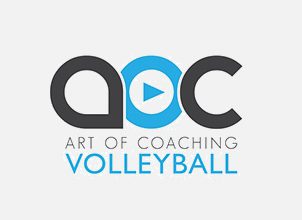Welcome to the education section of CEVA’s #VolleyTheChange website – perhaps the most important section this site has to offer. This site includes numerous online educational and training modules, exercises, and articles that are valuable for anybody in the club volleyball world to explore.
Nobody knows everything there is to know about inclusion, or definitions, or current issues. You can always learn more and this is the perfect opportunity to do so. You can’t begin to change something unless you know what needs to change.
If you have any other educational pieces you’d like to see included, please e-mail us.
Basic Terms
It sounds simple – but educating yourself starts by knowing simple definitions to simple terms. How do you explain the term “systemic racism” to somebody who has never heard it? There’s a few different ways. So, we’ve included a couple of our favorite lists of terms and definitions below. There are several out there and they can be found with a simple internet search.
Bullying
LGBTQIA
Racism
Oregon History
For many of CEVA’s members, Oregon is home and has always been home. We think of beautiful scenery, getting outdoors, and never being too far away from the coast, the mountains, or our favorite activities.
What many of us don’t fully comprehend is what Oregon’s founders envisioned this state being, and how long some of those ideals have lasted, even into present day. For example, Oregon’s state Constitution had racially-insensitive language written into it that was just repealed in 2002. Even then, almost 30% of voters opposed the measure to remove the language (read more here).
While we can’t completely right the wrongs, we can educate ourselves about them and commit to making things better, more just, and more conducive to understanding.
Mental Health
Statistics, Articles, Education
Resources for BIPOC Individuals
Checking In
It’s more important than ever to check in with your friends, your peers, and those around you. How do you do it? What’s the right thing to say? What if I say the wrong thing?
Below are a couple of articles specifically about checking in with people. Without even reading them, however, there’s a couple of really important things to keep in mind:
1) You don’t need to have a solution to whatever is bothering a person. Your job is to listen, not necessarily solve a problem.
2) If the person doesn’t want to talk about a subject, don’t push it. Sometimes it can be just as helpful, if not more helpful, to talk to them about something else.
3) Be understanding. Even if you’ve never experienced whatever is bothering the other person, show empathy and support for whatever they’re going through.
How To Check In:
- Phone Call
- FaceTime
- Google Chat
- Facebook Messenger
- Text message
- MMS/video message
- Hand written letter
- Small gifts


























